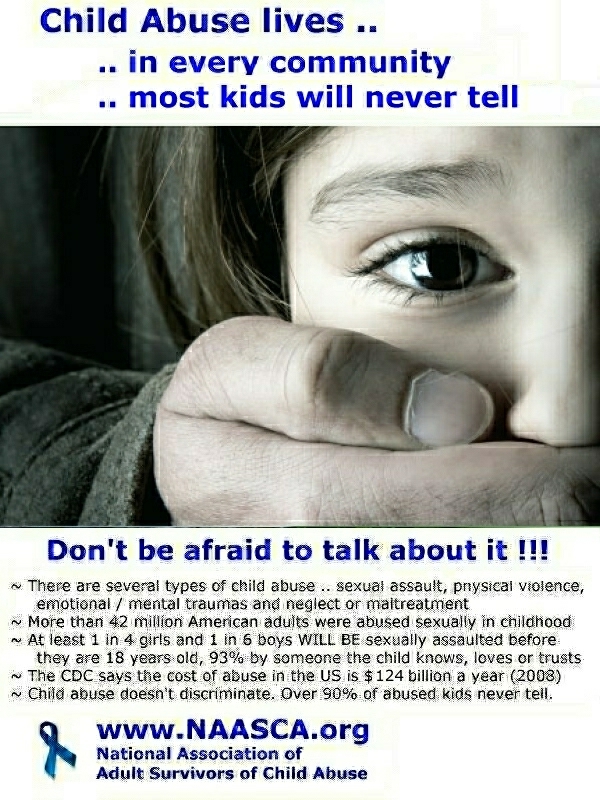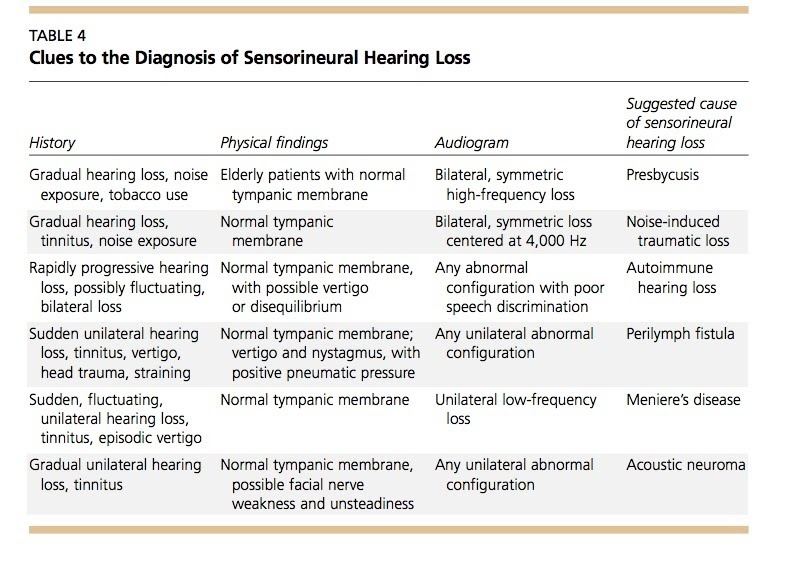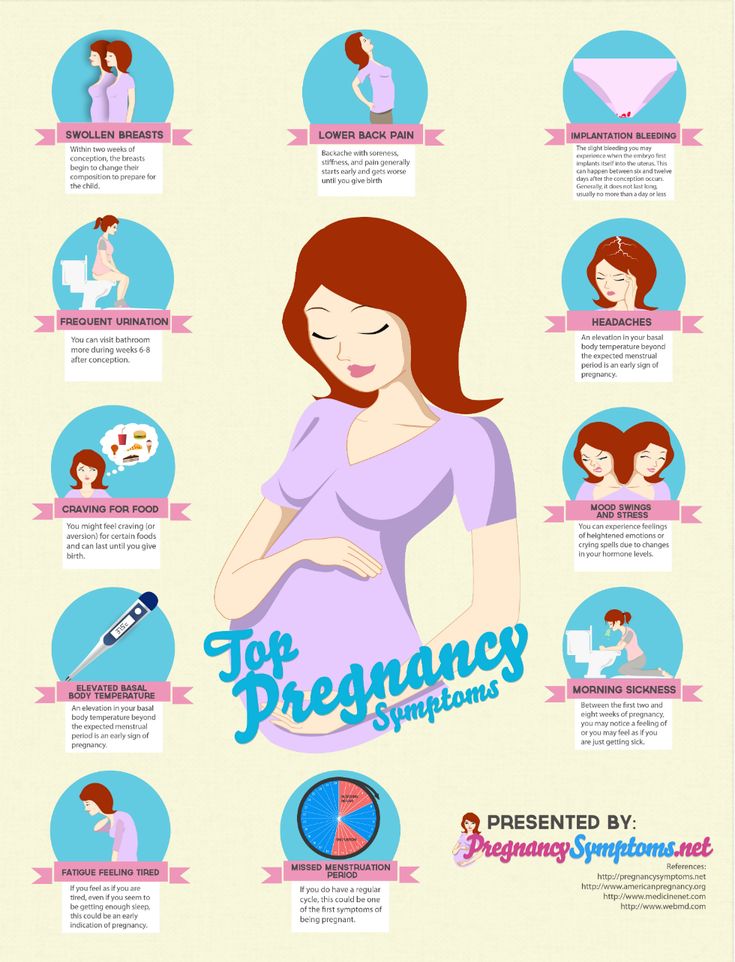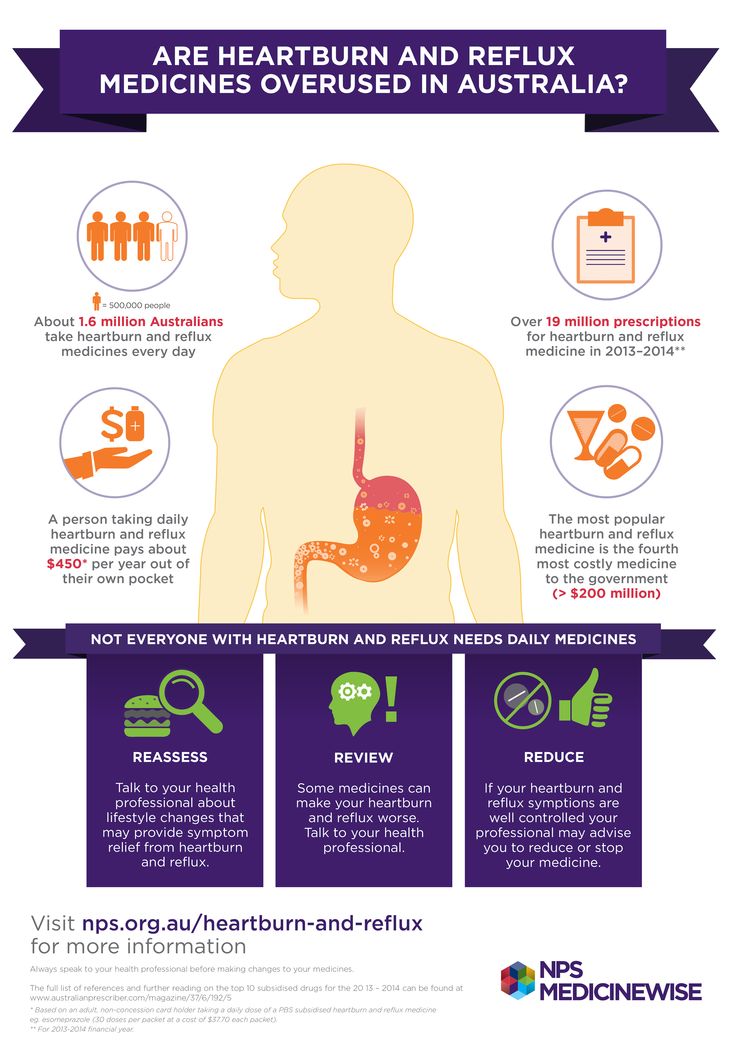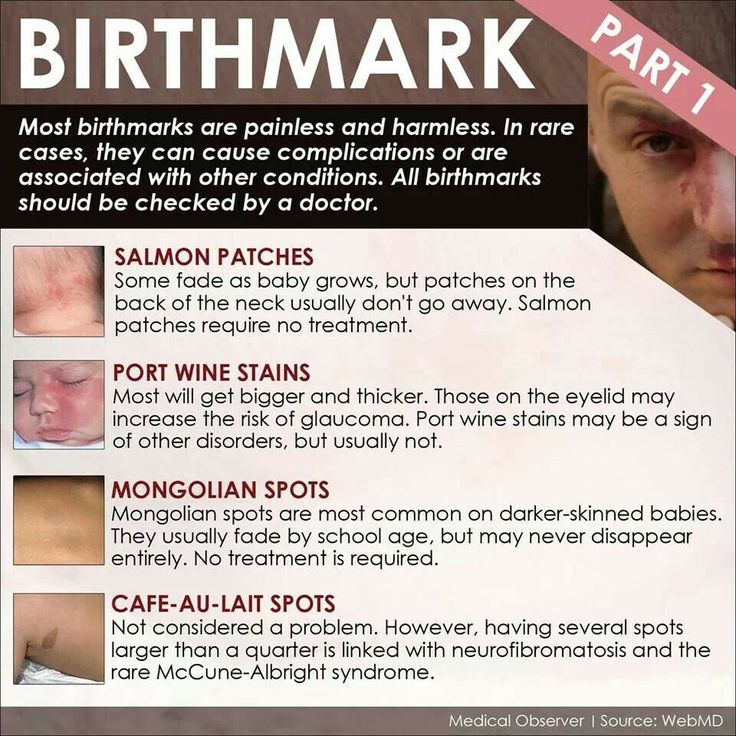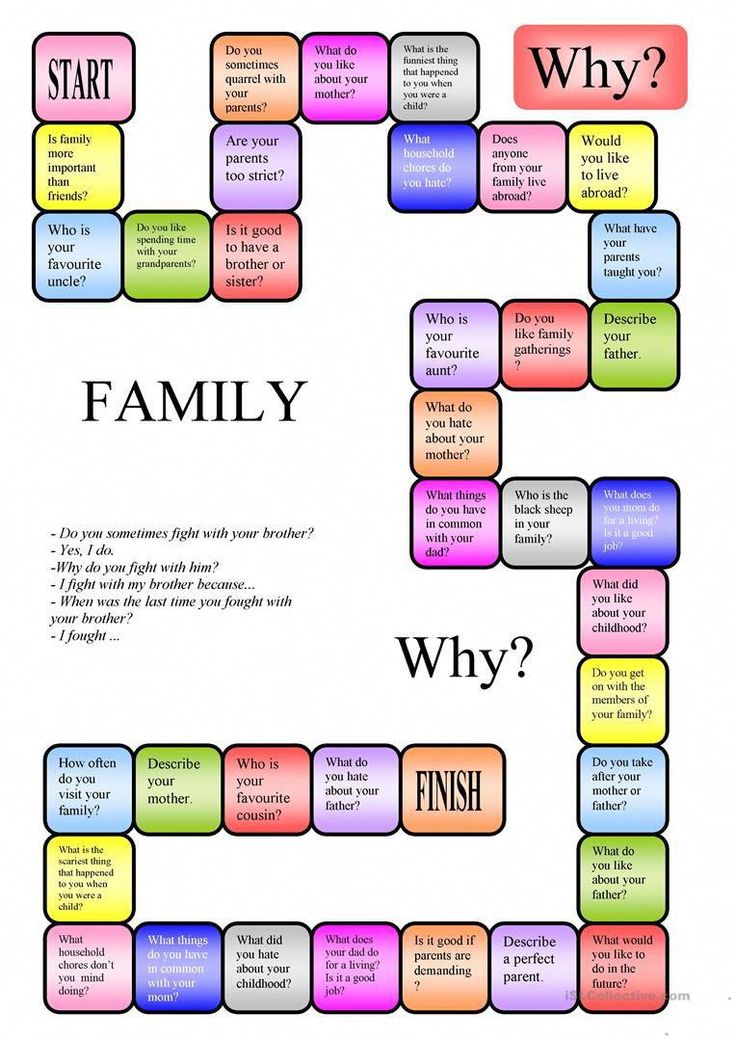Signs your child has been molested
Grooming: Know the Warning Signs
One tool common to those who sexually abuse kids is grooming: manipulative behaviors that the abuser uses to gain access to a potential victim, coerce them to agree to the abuse, and reduce the risk of being caught. While these tactics are used most often against younger kids, teens and vulnerable adults are also at risk.
Grooming can take place online or in-person. It’s usually employed by a family member or someone else in the victim’s circle of trust, such as a coach, teacher, youth group leader or others who naturally have some interaction with the victim.
Though grooming can take many different forms, it often follows a similar pattern.
- Victim selection: Abusers often observe possible victims and select them based on ease of access to them or their perceived vulnerability.
- Gaining access and isolating the victim: Abusers will attempt to physically or emotionally separate a victim from those protecting them and often seek out positions in which they have contact with minors.
- Trust development and keeping secrets: Abusers attempt to gain trust of a potential victim through gifts, attention, sharing “secrets” and other means to make them feel that they have a caring relationship and to train them to keep the relationship secret.
- Desensitization to touch and discussion of sexual topics: Abusers will often start to touch a victim in ways that appear harmless, such as hugging, wrestling and tickling, and later escalate to increasingly more sexual contact, such as massages or showering together. Abusers may also show the victim pornography or discuss sexual topics with them, to introduce the idea of sexual contact.
- Attempt by abusers to make their behavior seem natural, to avoid raising suspicions. For teens, who may be closer in age to the abuser, it can be particularly hard to recognize tactics used in grooming. Be alert for signs that your teen has a relationship with an adult that includes secrecy, undue influence or control, or pushes personal boundaries.

Grooming behaviors are not only used to gain a victim’s trust, but often are used to create a trustworthy image and relationship with their family and community. Child and teen sexual abusers are often charming, kind, and helpful — exactly the type of behavior we value in friends and acquaintances. You don’t need to be suspicious of everyone who is kind to your child; most people are well intentioned and trustworthy. But you should be on guard that this type of behavior is sometimes just a mirage, a way for an abuser to gain your trust so they have more direct access to your child (and make it less likely that the child will be believed if they speak up about the abuse). You should also talk to your kids about risks and boundaries, and make sure they know that they can come to you if anyone crosses a line.
Online GroomingOnline grooming often involves adults creating fake profiles and posing as children or teens in order to befriend someone and gain their trust. This may be the first step towards sexual abuse or online stalking or harassment. You can learn more from InternetMatters.org about how grooming occurs, and how you can make a minor in your life safer from it. You can also find out more about how to recognize more warning signs of online grooming from the National Center for Missing and Exploited Children.
This may be the first step towards sexual abuse or online stalking or harassment. You can learn more from InternetMatters.org about how grooming occurs, and how you can make a minor in your life safer from it. You can also find out more about how to recognize more warning signs of online grooming from the National Center for Missing and Exploited Children.
Rather than banning kids from going online, introduce more freedom as they get older, and make sure they are attuned to the risks and are comfortable talking to you about what they experience. As Michael Rich, director of the Center on Media and Child Health at Boston Children’s Hospital, recently told the Wall Street Journal, “The whole stranger-danger movement did more to create anxiety in children than it did to protect them,” said. “If you turn everyone you don’t know into a danger, you live in a pretty scary world.”
Survivor StoriesRead more from survivors and RAINN Speakers Bureau members about how they were groomed by predators and what parents should watch out for:
- Adam’s Story: “It’s not like he wore a sign saying, ‘I’m a sexual predator.
 ’ He was that cool uncle.”
’ He was that cool uncle.” - Brian’s Story: “When I was younger, I didn’t want anybody to be mad at me. I didn’t want my abuser to be mad at me.”
- Gail’s Story: “The grooming was the most devastating part of it. I was so young when it started. Psychologically, it had a huge effect on my personality and how I viewed myself.”
- Pierre’s Story: “He was someone who was always on my side. When I would get in trouble with my parents, he would tell them that I should come over to his house for the night. My parents could sense something was off—it seemed odd that I was spending so much time alone with an adult. They even asked me about it, but I told them that everything was fine. I now realize that this was all an effect of grooming.”
You can help keep kids and teens safer by learning the warning signs of abuse at rainn.org. To report sexual abuse of a child or teen, whether it occured in-person or online, visit childhelp.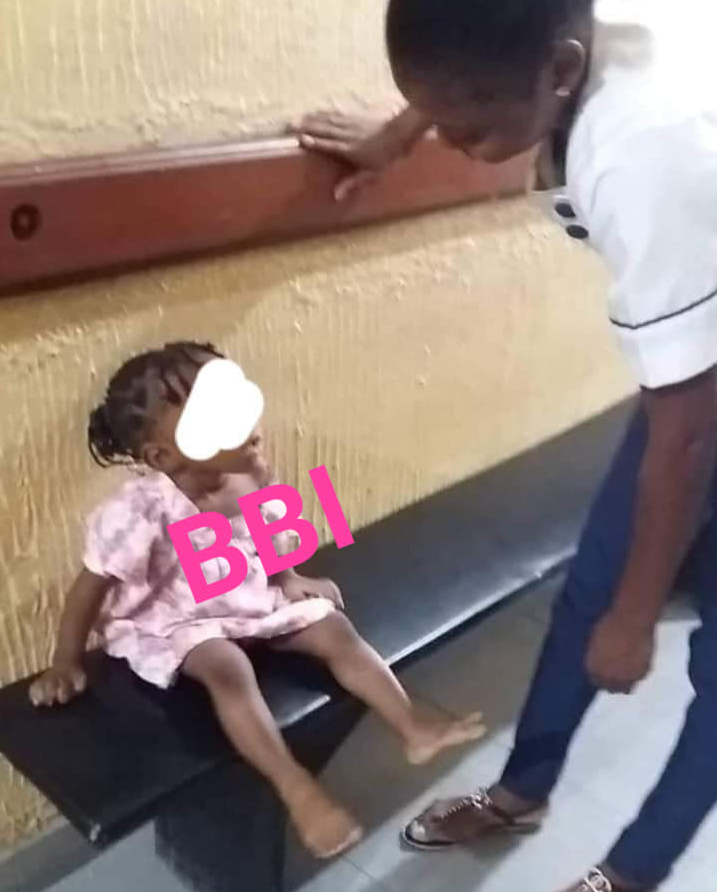 org.
org.
To help you recognize warning signs or to get support if you find out a child or teen in your life has been abused, you can speak with someone who is trained to help. Call the National Sexual Assault Hotline at 800.656.HOPE (4673) or chat online at online.rainn.org. It’s free, confidential, and 24/7.
About the National Sexual Assault Telephone Hotline
Need help?Call 800.656.HOPE (4673) to be connected with a trained staff member from a sexual assault service provider in your area.
How does it work?
When you call 800.656.HOPE (4673), you’ll be routed to a local RAINN affiliate organization based on the first six digits of your phone number. Cell phone callers have the option to enter the ZIP code of their current location to more accurately locate the nearest sexual assault service provider.
Telephone Hotline Terms of Service
How can the hotline help me?
Calling the National Sexual Assault Hotline gives you access to a range of free services including:
- Confidential support from a trained staff member
- Support finding a local health facility that is trained to care for survivors of sexual assault and offers services like sexual assault forensic exams
- Someone to help you talk through what happened
- Local resources that can assist with your next steps toward healing and recovery
- Referrals for long term support in your area
- Information about the laws in your community
- Basic information about medical concerns
The National Sexual Assault Hotline is a safe, confidential service.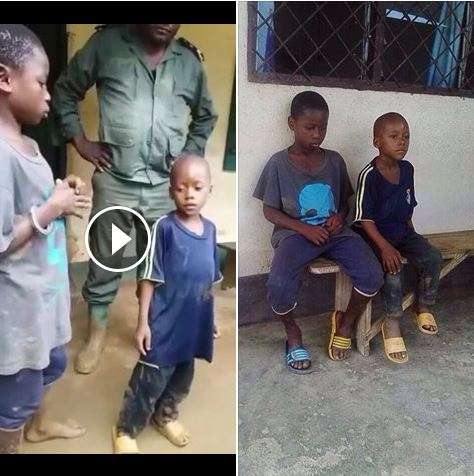 When you call the hotline, only the first six numbers of the phone number are used to route the call, and your complete phone number is never stored in our system. Most states do have laws that require local staff to contact authorities in certain situations, like if there is a child or vulnerable adult who is in danger.
When you call the hotline, only the first six numbers of the phone number are used to route the call, and your complete phone number is never stored in our system. Most states do have laws that require local staff to contact authorities in certain situations, like if there is a child or vulnerable adult who is in danger.
While almost all callers are connected directly to a staff member or volunteer at a local sexual assault service provider, a handful of providers use an answering service after daytime business hours. This service helps manage the flow of calls. If all staff members are busy, you may choose to leave a phone number with the answering service. In this case, the number will be confidential and will be given directly to the organization’s staff member for a callback. If you reach an answering service, you can try calling back after some time has passed, or you can choose to call during regular business hours when more staff members are available. You can also access 24/7 help online by visiting online.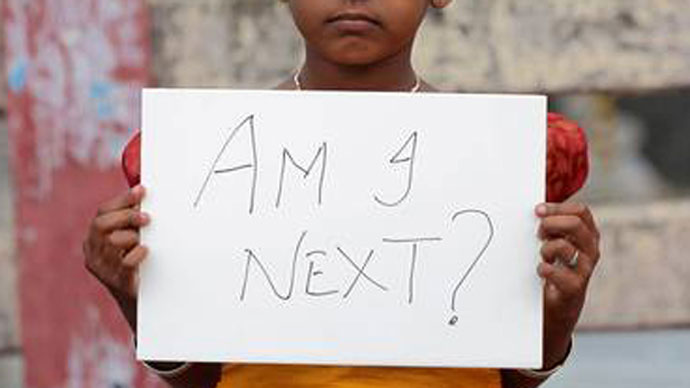 rainn.org.
rainn.org.
Sexual assault service providers are organizations or agencies dedicated to supporting survivors of sexual assault. The providers who answer calls placed to the hotline are known as RAINN affiliates. To be part of the National Sexual Assault Hotline, affiliates must agree to uphold RAINN’s confidentiality standards. That means:
- Never releasing records or information about the call without the consent of the caller, except when obligated by law
- Only making reports to the police or other agencies when the caller consents, unless obligated by law
- Agreeing to RAINN’s non-discrimination policy
To learn more about how a provider can become an affiliate of the National Sexual Assault Hotline, visit the Sexual Assault Service Provider information page. Volunteer opportunities for the National Sexual Assault Hotline are coordinated through these local providers. Search for volunteer opportunities near you.
The National Sexual Assault Hotline was the nation’s first decentralized hotline, connecting those in need with help in their local communities. It’s made up of a network of independent sexual assault service providers, vetted by RAINN, who answer calls to a single, nationwide hotline number. Since it was first created in 1994, the National Sexual Assault Hotline (800.656.HOPE and online.rainn.org) has helped more than 3 million people affected by sexual violence.
Before the telephone hotline was created, there was no central place where survivors could get help. Local sexual assault services providers were well equipped to handle support services, but the lack of a national hotline meant the issue did not receive as much attention as it should. In response, RAINN developed a unique national hotline system to combine all the advantages of a national organization with all the abilities and expertise of local programs. One nationwide hotline number makes it easier for survivors to be connected with the help they deserve.
One nationwide hotline number makes it easier for survivors to be connected with the help they deserve.
Anyone affected by sexual assault, whether it happened to you or someone you care about, can find support on the National Sexual Assault Hotline. You can also visit online.rainn.org to receive support via confidential online chat.
“I drew sad emoticons and wrote “help”. How to understand that a child has been a victim of violence
“He's just joking”
At the beginning of summer, a biology teacher from one of Moscow schools turned to the “Surrender a Pedophile” movement. According to the leader of the movement, lawyer and clinical psychologist Anna Levchenko, then the teacher told the volunteers of the hotline that she began to notice some oddities in her then 15-year-old student Nicoletta.
“At one point, Nika suddenly “rolled down” into twos and threes, which was unusual for her, and then she began to draw sad emoticons on the pages with passed tests.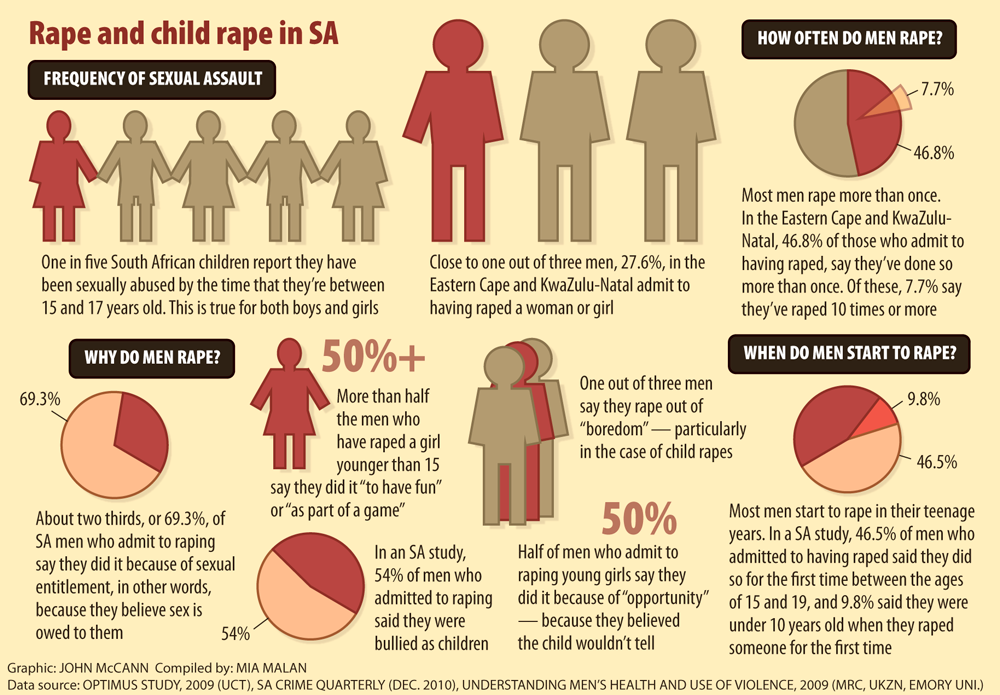 After some time, the word “help” appeared on the notebook sheet, written in huge letters,” Levchenko said. nine0005
After some time, the word “help” appeared on the notebook sheet, written in huge letters,” Levchenko said. nine0005
The teacher invited the girl to a conversation, during which she wrote on paper that her stepfather harassed her at the age of 14. Later it turns out that during the harassment, the girl rebuffed her stepfather, and he severely beat her. When Nika told her mother about what had happened, she replied that "he was just joking."
“In a conversation with a teacher, the girl was so stifled and frightened that she could not even say what was happening in words. The teacher immediately turned to our service, and while we were trying to get Nika to be evacuated from her family, the school management found out about the proceedings. nine0005
And no, the teachers did not support the teacher, but scolded her, saying that she should have informed them first, and they would have called the guardianship authorities. Moreover, they began to persecute her and forced her to quit of her own free will.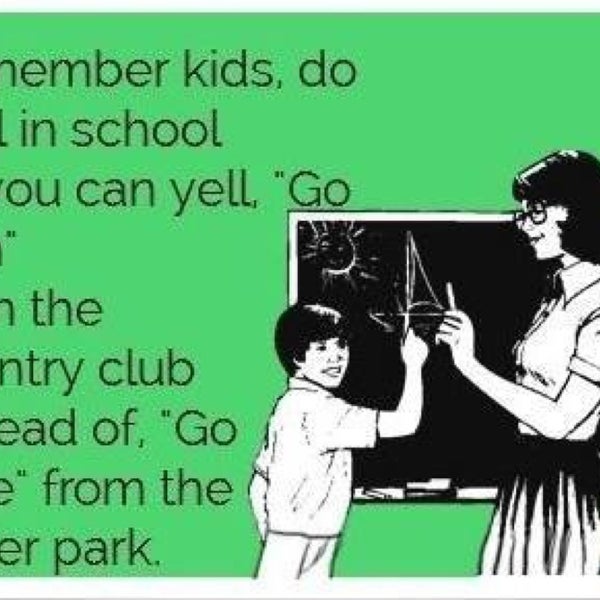 And they immediately called Nika's mother for an educational conversation, who, upon returning home, beat the child. That same night, the girl tried to commit suicide in front of her mother. And she didn’t even call an ambulance for her,” said the leader of the “Surrender the pedophile!” movement.
And they immediately called Nika's mother for an educational conversation, who, upon returning home, beat the child. That same night, the girl tried to commit suicide in front of her mother. And she didn’t even call an ambulance for her,” said the leader of the “Surrender the pedophile!” movement.
As a result, the ambulance took Nika straight from school, she was called by the same biology teacher. It was possible to achieve the placement of the child for several months in a rehabilitation center, where she is now. Psychologists worked with Nika for a month and a half, now law enforcement agencies are waiting for the girl to return from the center in order to open a criminal case, at this stage the proceedings are going on at the level of guardianship authorities. nine0005
“Her relatives continue to write insults to our volunteers, Nika and her friends, calling the child a prostitute and a lesbian. And this is only a small censored part of what the girl receives in her address. Nika is very afraid that she will be returned to her family. But neither we, nor the Ombudsman for Children in Moscow, who is dealing with this case, of course, will not allow this. Now the child is in the camp from the rehabilitation center, she receives support from girls with whom a similar situation happened, and learns to live anew, ”concluded Levchenko. nine0005
Nika is very afraid that she will be returned to her family. But neither we, nor the Ombudsman for Children in Moscow, who is dealing with this case, of course, will not allow this. Now the child is in the camp from the rehabilitation center, she receives support from girls with whom a similar situation happened, and learns to live anew, ”concluded Levchenko. nine0005
“I’ll talk to him and he won’t do it again”
According to “Surrender a Pedophile”, up to 60% of cases of sexual abuse of children occur within the family or by very close people: these are fathers, stepfathers, older brothers, uncles and those who are just part of the family. This statistics, the psychologist believes, can be attributed to all civilized countries.
“The biggest problem in all this is that in 90% of cases the child tries to tell his parents about the abuse, but often no one hears him. Most often, this happens like this: the child talks about what happened either immediately on the day, or within 1-2 months after the incident, and receives condemnation in response. Women cover up pedophiles, and in their social construct, a male rapist is much more important than a child,” Levchenko said. nine0005
Women cover up pedophiles, and in their social construct, a male rapist is much more important than a child,” Levchenko said. nine0005
In this way, according to the psychologist, mothers do not want to wash dirty linen in public, blame the child or say that if a pedophile goes to prison, they will lose their only breadwinner and they will have nothing to live on. The most typical thing you can hear from such parents is: "I'll talk to him, and he won't be like this again."
“Two days ago we received an appeal from a relative of the injured girl who asked what to do. The niece told the applicant that she had been raped by her mother's partner for a long time, and when she turned to her mother, she said that her daughter just wanted to quarrel with her friend and was jealous. The conversation between the girl's aunt and her mother did not help. Fortunately, the woman herself decided to go to the Investigative Committee and wrote a statement, ”Levchenko said. nine0005
It is because of the indifference of parents, according to the expert, that children try to tell other relatives, friends, or even through social networks about what is happening.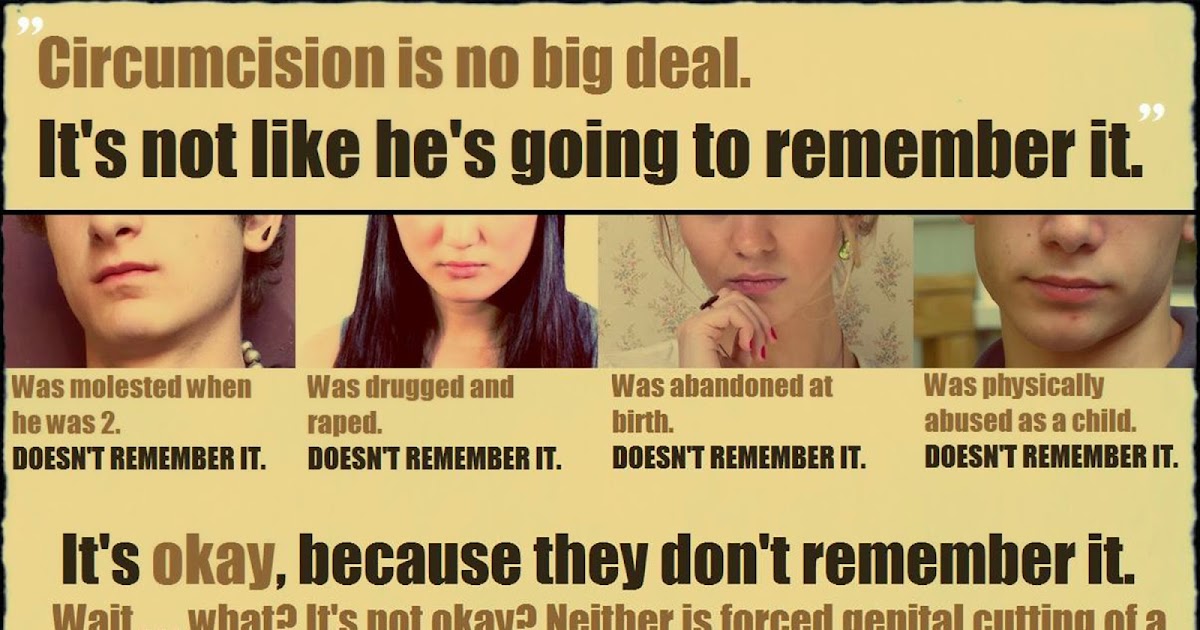 Most often, parents in marginalized families do not pay attention to the words of their children.
Most often, parents in marginalized families do not pay attention to the words of their children.
“This is just at the level of statistical error, when a normal mother - with a normal psyche, not marginal and not in an abusive relationship and dependence on her child's abuser - not only will not listen to the child, but will not understand that something is wrong with him that is not so. Children always show if something is happening to them and if you are a good parent who is in contact with a son or daughter, you will never miss a change in the child's behavior. Moreover, he will definitely try to let you know that something is happening on his own,” the leader of the “Surrender the pedophile!” movement is convinced. nine0005
How to know if your child has been harassed or sexually abused
According to child and adolescent psychologist Anfisa Kalistratova, there is a specific risk group among children who are more likely to be abused. Psychologists came to these conclusions by studying the already accomplished circumstances of such crimes.
Thus, as a rule, quiet, obedient and practically without their own opinion children, both boys and girls, are at risk. Also often in families where such cases occur, one or two parents use authoritarian parenting methods. nine0005
“A child already in the family is taught to obey unquestioningly the authority of an adult, which destroys his personality and prevents the formation of critical thinking, which plays a key role in assessing a dangerous situation. The child cannot call outsiders for help, for example, in cases of abduction, or turn to his parents for help, as he is used to submission, ”says Kalistratova.
Rapists, understanding the risks, try to choose just such children in order to avoid unnecessary problems and hide their actions. Noisy, active and stable children do not attract them, because it is from them that the rescue initiative often comes, Kalistratova added. nine0005
The first signs that a child has been abused are behavioral: the child becomes quieter, very obedient - almost weak-willed, has more frequent nightmares and develops or worsens nocturnal enuresis.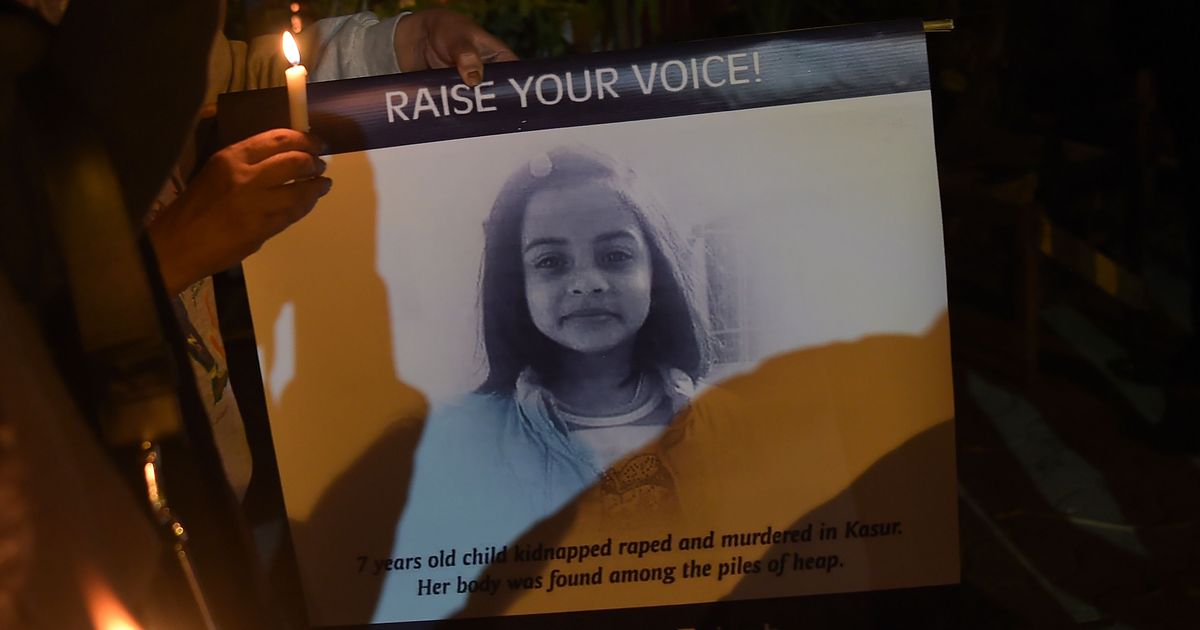
“All these symptoms are not obvious, and in everyday worries they are completely imperceptible, but upon careful observation they become obvious. It is also worth paying attention to if the child suddenly refuses to make contact with some people close to the family. Unfortunately, sometimes the parents themselves initiate such a rapprochement, they say, sit on your uncle's arms, nothing like that. Or ask the child to say hello, hug. At the same time, the child himself is against such contacts. And this cannot be ignored - you need to be alert, ”the expert warned. nine0005
Psychologist Marina Gladysheva noted that "bells" in the behavior of adults can also be noticed. And here you need to focus on human behavior and attitude towards children. For example, when someone of adult acquaintances began to show a strong interest in the child, expressed a desire to spend more time with him, to play children's games. Especially when it comes to sudden interest.
“Also, evasive answers, for example, to questions about what an adult and a child did on a walk, as well as a desire to stay alone with a child and strange reasons to spend time with him, attempts to artificially interest him, are also calls,” Gladysheva said. . nine0005
. nine0005
What to do if there are suspicions of violence against a child
As the psychologist Gladysheva advised, in such situations, you should always trust the child, not question his words. Even if he is cunning or exaggerating, you need to understand the reason. If you delay or close from the situation, you can only aggravate the condition of the child and lose confidence. If, with suspicions that have arisen, it is difficult for an adult to maintain self-control, you need to contact a specialist. nine0005
“If a child pretends that everything is in order, the reasons may be different - for example, he does not trust his parents much. This means that they have not formed such a relationship that the child understands that they are always on his side and can help him. And this is not about the fact that he was told so, these are precisely the relationships that have been built, when there is and was confirmation of this, ”the expert clarified.
The second option, why the child is silent - he was intimidated and he is afraid, but here, according to the psychologist, the question is only for parents: how well do you know your child in order to notice that something is wrong with him, how ready are you help without accusations, in a way that would be comfortable for him. Perhaps the child believes that he can only aggravate the situation with his story, but not help himself. nine0005
Perhaps the child believes that he can only aggravate the situation with his story, but not help himself. nine0005
Child psychologist Kalistratova recommended that, if there are suspicions, first of all, completely limit the contact of the child with a suspicious adult and observe the child. If he gets better, that is, he shows more activity and interest in different activities, then most likely there was no mistake.
“Unfortunately, in this case we are talking about several months, from 3 months to a year, if the contacts were frequent (from one to several times a month). But I know situations where such "meetings" were seasonal, for example, during summer and/or winter holidays. This is even more difficult to calculate, ”said the psychologist. nine0005
The second thing to do, Anfisa Kalistratova believes, is to contact a specialist for a diagnosis of psychological and mental health. If something was, the diagnosis will reveal the injury.
The child and adolescent psychologist also advised children to be allowed to show attention and kindness to other adults as much and as much as they want.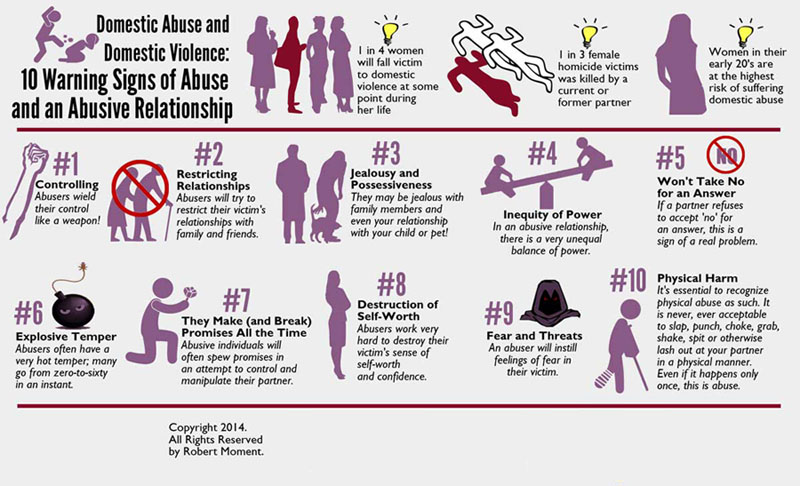 If the child does not want to say hello, he has every right.
If the child does not want to say hello, he has every right.
“And no, it doesn't look ugly, it's just that the mood can be bad, and children like to say hello in a good mood. You also need to always treat children as equals, protect their opinions, desires, give them the opportunity to speak out and make their own decisions, of course, with control of health and life. Only then, if there are healthy trusting relationships in the family, the child will either not be exposed to such a situation at all, or will be able to immediately tell about it, ”concluded Kalistratova. nine0005
Signs of child abuse
The following are signs of abuse and neglect that you may notice in your child. If you notice any of these signs, or the child told you about it himself, then:
1. Stay calm and do not force him to tell you all the details
2. Comfort the child and thank him for sharing with you his problem. Then contact the appropriate child rights organization. nine0005
3. Remember that the abused child will probably only tell you a small part of what happened until he or she sees you responding calmly and understandingly to what they say.
Remember that the abused child will probably only tell you a small part of what happened until he or she sees you responding calmly and understandingly to what they say.
The following are some signs of abuse. An affected child may have several of these at the same time, so the list below is just a guide to action. If you notice changes in your child's behavior, check for the following signs.
Signs of physical violence
The appearance of the child
*Suspicious bruises, wounds, burns and fractures
*Traces of bites
*Frequent wounds, always explained as accidentally received
*If the child’s explanations do not correspond to the nature of the damage
*child constantly wears long-sleeved clothes or clothes that cover his wounds
Child's behavior
*Rough, uncontrollable
*Unusually shy, avoids other people
*May try too hard to please
*Appears to be afraid of his parents
*Shows little or no concern about not having his parents around
Signs of lack of proper child care
Child's appearance
*Poor hygiene, dirty hair, bad body odor
*Not dressed for the weather
*In need of medical treatment and dental care
The behavior of a child
*often tired, sluggish, meloncholine
*begs or steals products
*often late or walks school
*contradicts
*low self -esteem
signs of emotional pressure above child
Child's appearance
Signs may be less pronounced than with other forms of abuse, behavior is the main indicator
*Removal from friends and social activity
*Constant School of School
*Loss of self -assessment
*The desire to anti -
, *Change in academic performance at school
Signs of sexual violence
The appearance of the child
*torn or bloodied underwear
*pain and pain and pain and pain and pain and pain and pain and pain and pain and pain and pain and pain.